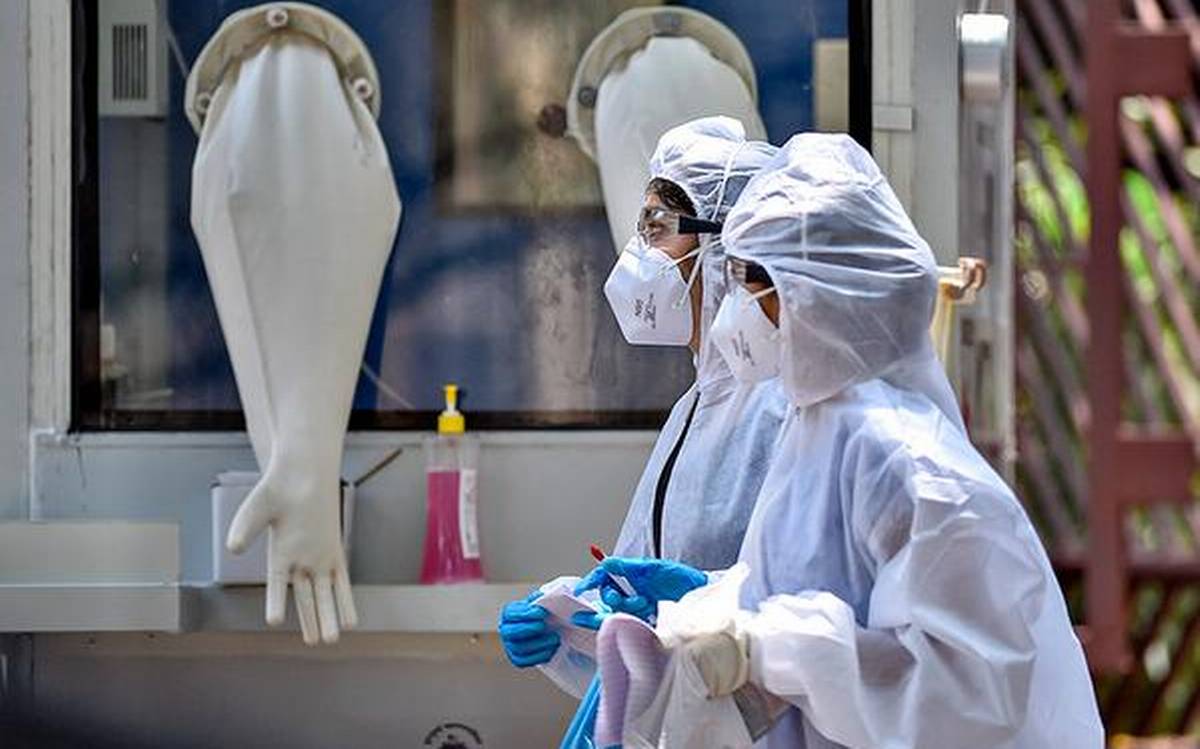COVID-19 has brought fear, uncertainty, and anxiety among people in an unprecedented fashion. Healthcare professionals (HCPs) around the world work tirelessly to serve humanity, all the while battling with these emotions.
It is, therefore, truly disheartening when one learns about incidents of abuse and ostracism against healthcare providers.
Despite many reactionary measures like enhanced security to doctors at the workplace and stricter medical negligence laws, Indian doctors are teetering on the brink of a serious silent crisis, amidst the COVID-19 pandemic, which is detrimental for the expansion of the society within the coming times.

The usual perpetrators of violence against doctors include dissatisfied patients alongside their agitated attendants, lack of communication between doctors and patients, impaired doctor-patient relationship, and therefore the negative image of the medical fraternity portrayed by incompetent journalism.
However, the fear and uncertainty of the COVID-19 pandemic and therefore the misinformed suspicion of doctors being vectors of transmission were the basis cause for these recent catastrophes.
These events put the medical profession in a state of fear and regret selecting a career when society doesn’t support them.
A majority of doctors are now unwilling to motivate their children to pursue this profession, once revered by society not too way back.
In March 2020, a nationwide lockdown was enforced in India, creating panic and uncertainty among patients, their kin, and therefore the general public.
Many housing property owners asked their tenanting doctors working at India Institute of Medical Sciences, New Delhi, to vacate their houses. A doctor in Delhi was forced to shop for all the eggs during a crate when he accidentally touched it and later denied entry to the grocery.
A doctor in Chennai who had died thanks to COVID-19 was denied burial at two different cemeteries while his colleagues and relations were attacked by a mob.2 This inhumane act made the Indian government effectuate an emergency ordinance for frontline corona under which a person attacking a doctor involved in treating COVID-19 is often jailed for up to 7 years.3 Since then, no such events were reported within the next 1 month.
But alas, the relief was short-lived. In June 2020, a doctor at Hyderabad’s coronavirus facility was assaulted by relatives of a patient who had died at the hospital.
quite 300 postgraduate doctors treating patients with COVID-19 went on strike for two days, demanding protection and justice for this spate of violence but are yet to receive justice.
To prevent these sorts of incidents from happening within the future, a more strict approach towards the implementation of laws is required by the govt.
The govt should increase the healthcare budget to supply better working conditions to the country’s healthcare workers. The doctors too should be more cautious and will communicate in a better way with the patients.
The Medical Council of India has taken a big step towards educating the longer-term doctors by introducing Medical Ethics across all the medical colleges of India since 2019. Also, the patients should act more considerate towards the HCPs.
Doctors are humans and that they cannot save everyone that comes in. Doctors can’t be held liable for every death occurring within the hospital on the basis of negligence.
Unless there’s change within the present healthcare system, the incidents of violence against doctors won’t lessen. the govt, the hospital, the media, the doctor, and therefore the patient everyone has got to introspect.
Increased communication between the doctors and patients, filling crucial gaps in communication between doctors, patients, and relatives will help in mitigating the violence during a great distance.
Also Read: